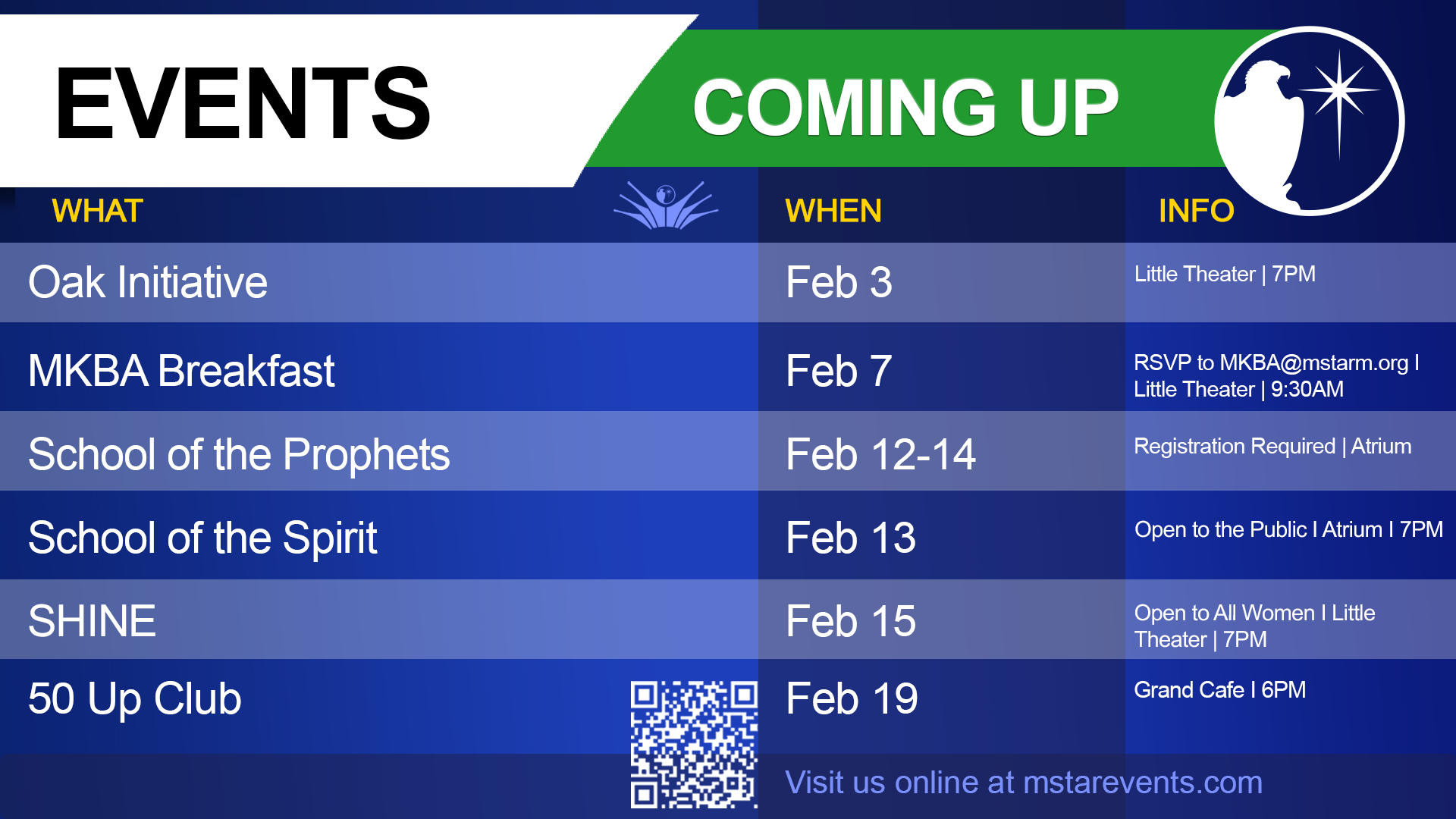We are promised a blessing just for reading the book of Revelation, as stated in Revelation 1:3: “Blessed is he who reads and those who hear the words of this prophecy, and keep those things which are written in it.” In Revelation 22:7, we are promised, “Blessed is he who keeps the words of the prophecy of this book.” So, there is a blessing for reading the book of Revelation and another for heeding it. Our goal must be to read it, to understand it, and to heed it, which is to be changed by it.
This being understood, let us also heed the warnings of history, as sects and cults have arisen in history from them believing they had special understandings of God’s Word. Let us pray as we begin this study that the Lord would watch over our hearts for any pride that would lead us to such a delusion. Let us approach the Word of God with humility, demonstrated by our dependence on the Holy Spirit to lead us into all truth, knowing that all truth is found in Jesus. Let the revelations that proceed from this study lead us to Him.
Again, it should be humbling to keep in mind that, regardless of how much understanding we’re given on anything, “we know in part, and we prophesy in part” (see 1 Corinthians 13:9). Knowing the most we are ever given about anything is “part,” this should compel us to remain humble and teachable enough to receive from others, knowing that we need what has been given to others to have the complete understanding. So, we will include in our study many things that come from the revelation given to others when what they have fits.
Daniel and John had an uncommon interchange with angels to receive the revelations given to them. I have prayed that the same angels who were a part of giving them the revelations they received be sent to us to help us understand the books of Daniel and Revelation. I have received the promise of God that He will do this.
Because cults and sects have begun with a revelation from an angel that went beyond Scripture, we do want to test the spirits. This can be challenging because angels are not “Gerber babies.” They can be extremely intimidating, but they expect us to be wise enough to test them. They know well how deceiving “angels of light,” who are actually fallen angels, can be. So, we should never consider as legitimate any revelation or doctrine that goes beyond what is written in Scripture.
Prophecy is God speaking to us just as the Scriptures are God speaking to us. However, they each have their own purpose that is distinct and does not encroach on the other. Only the Scriptures are the basis of doctrine, or the teaching of the church. Prophecy is never given for doctrine, but for revealing the strategic will of the Lord—the specific leading of the Lord for us in specific situations—as well as for relationship with Him. Prophecy can help illuminate Scripture, as we see a number of times in Scripture. However, it is never given as the basis for a new doctrine that is not established in Scripture. If Jesus, Who is the Word, would take His stand by saying, “It is written,” how much more should we base all doctrine on the written word?
Some contend that we no longer need prophecy because the Bible is perfect and complete. It is perfect and complete for doctrine, but it was not given for the purpose of personal guidance, though the Spirit may at times illuminate Scriptures for us to take as guidance. Even under the old covenant, almost every time Israel was exhorted to keep the commandments of the Lord, they were also told to “heed His voice.” God’s people have always been required to know the voice of the Lord, not just obey commandments.
Christians are called to be the bride of Christ. Almost no bride would want her bridegroom to say on their wedding day, “Darling, I love you so much that I wrote a book explaining everything I expect from you in our relationship, so that I will never have to speak to you again.” What kind of marriage would that be? As Francis Frangipane used to say, “We’re not called to follow a manual, but rather Emmanuel.”
Thank God for His book. Read it. Study it. Obey it. But be sure to follow the Lamb Himself.
© 2024 Rick Joyner. All Rights Reserved.



